The bestial and delirious satire
Triangle of Sadness,
by Swedish director Ruben Östlund, has won the Palme d'Or at the 75th Cannes Film Festival.
A hilarious and grotesque film about the world of success, money and crude posturing in which we live.
Östlund is a born provocateur, exaggerated and hyperbolic too when he picked up a Palme d'Or that fits him like a glove: as it was a special edition, Chopard had filled it with sparkling and ostentatious diamonds.
More information
Ruben Östlund, a Palme d'Or devoted to satire
Just like five years ago, when he won the Palme d'Or for his caricature of the contemporary art world in
The Square,
Östlund broke Cannes again.
His cinema is branded as broad brush, boorish, unworthy for such a festival.
Triangle of Sadness
is rounder than
The Square
and in its central chapter, which takes place on a luxury cruise ship, it unfolds some of the funniest moments in recent cinema.
Östlund's anti-everything spout convinced the jury but divided the critics, who either abhorred her or indulged in her unbridled mockery of luxury, fashion, political correctness, culture wars and class warfare.
A chaotic society, clueless and without a filter that reminds us of the shipwreck towards which we are heading.
Tsar Amir Ebrahimi, best actress for 'Holy Spider', showing his award.
CLEMENS BILAN (EFE)
The special jury prize was shared by a veteran filmmaker, Claire Denis, and a newcomer, Belgian Lukas Dhont.
Stars at Noon
is an erotic
thriller
with very sensual and beautiful moments, but it is too small compared to Dhont's film, a film built from the memory and pain of a child who, faced with the fears and social pressures of his fragile transition to adolescence he betrays his best friend and himself.
Close
is a poetic choreography of gestures and gazes around mourning and guilt, an unfathomable tragedy in the midst of the splendor of an infinite field of flowers.
The best childhood memories destroyed by the dark side of innocence.
A film that chance has wanted to be connected by the umbilical cord with the brothers Jean-Pierre and Luc Dardenne, who received the special award for the festival's 75th anniversary for their very sad
Tori and Lokita,
a resounding and fierce film against Europe of undocumented children.
Actress Émilie Dequenne, one of
Close's two mothers,
made her film debut in 1999 with
Rosetta,
the Dardennes' first Palme d'Or.
Dequenne's precocious experience, who was awarded here for her debut with her brothers, has been fundamental in guiding the two
Close children.
The award for best director distinguished the indisputable mastery of Korean filmmaker Park Chan-Wook, who in his
noir
Decision to Leave
offers a lesson in formal elegance and virtuosity.
Perhaps the most wonderful moment of the gala was when the old Polish filmmaker Jerzy Skolimowski received the Jury Prize
ex aequo
for his animalistic ode
EO
of him together with the directors of
The Eight Mountains,
Charlotte Vandermeersch and Felix Van Groeningen.
As gracefully as possible, Skolimowski thanked “my donkeys.
At six: Tako, Hello, Marietta, Ettore, Rocco and Mela”, he said, citing the animals whose enormous eyes have guided him in this heartbreaking film about the journey of a donkey in a world that condemns itself with its violence. and isolation with animals.
The Dardenne brothers (Jean-Pierre and Luc), 75th anniversary special award, for 'Tori and Lokita'.STEPHANE MAHE (REUTERS)
The best screenplay went to the Egyptian film
Boy From Heaven,
by Tarik Saleh.
A political
thriller
that ends up being quite rough.
And the acting awards went to South Korean film star Song Kang-ho, who in the beautiful
Broker,
by Japanese Hirokazu Kore-eda, plays a common criminal, an undesirable but sweet baby trafficker, faced with the broken paternity of the;
the best actress went to the protagonist of the
thriller
Holy Spider,
Iranian actress Zahra Amir Ebrahimi, who does a wonderful job in this film about a serial killer of prostitutes in a country where women's lives are worth nothing.
The emotional and trembling actress, who plays a journalist obstinate in defending the most defenseless women, remembered the women murdered anywhere in the world.
The 75th edition of the Cannes festival leaves mixed feelings.
The impression that the pandemic is behind us has aroused euphoria in the streets and rooms packed with an enthusiastic public without a mask.
The average quality of the films in competition has not been high, but with enough flashes to not lose hope.
Once again, James Gray, whose
Argameddon Time
deserved to be on the list of winners, leaves empty-handed.
It is a moving film, an autobiographical account with a majestic Anthony Hopkins and one of the most beautiful manga cuts seen on a screen to the savage neoliberalism in which we are plunged.
As expected, the incomparable subtlety of another American, Kelly Reichardt, in
Showing Up
it's too fine a morsel to be on a jury table.
Grand Jury Prize 'ex aequo' to Lukas Dhont for 'Close (who poses with the film's actor, Eden Dambrine), and Claire Denis for 'Starts at Noon'.
PATRICIA DE MELO MOREIRA (AFP)
Radical cinema came from a Spanish filmmaker, Albert Serra, who works in France because that is where he finds an answer to his daring cinematographic proposals.
Meanwhile, in Spain, in these same days, the most vulnerable and risky cinema received the stab of the Government with the approval of an Audiovisual Law that marginalizes even more small and independent projects.
The vertiginous social changes of recent decades and years aim to completely reduce cinema to a mere object of consumption dictated by televisions and platforms.
But in Cannes there has been a fight to eradicate words that are so pernicious for the cinema, or for whatever it is, such as "content" and "consumer".
Belgian actress Virginie Efira, master of ceremonies at the final ceremony and who stars in Alice Winocour's new film about the Paris attacks,
Revoir Paris,
recalled "the political force" of cinema and culture.
A few words added to what many filmmakers have said here.
Cinema claims its place as a counterpower in these precarious and urgent moments.
Perhaps it is no longer the only window open to the world, but its experience continues to be a unique door to discover other lives and borders.
Palmares
Palme d'Or:
Triangle of Sadness,
by Ruben Östlund.
Grand Jury Prize:
ex aequo
for
Stars At Noon
, by Claire Denis, and
Close,
by Lukas Dhont.
Special 75th Anniversary Award:
To
Tori and Lokita,
from brothers Jean-Pierre and Luc Dardenne.
Jury Prize:
ex aequo
for
The Eight Mountains,
by Felix van Groeningen and Charlotte Vandermeersch, and
EO,
by Jerzy Skolimowski.
Best Director:
Park Chan-wook, for
Decision To Leave.
Best Actress:
Tsar Amir Ebrahimi, for
Holy Spider.
Best Actor:
Song Kang-ho, for
Broker.
Best Screenplay:
Tarik Saleh, for
Boy From Heaven.
Camera of Gold:
War Pony,
by Riley Keough and Gina Gammel.
International Critics Award:
Leila's Brothers,
by Saeed Roustaee.

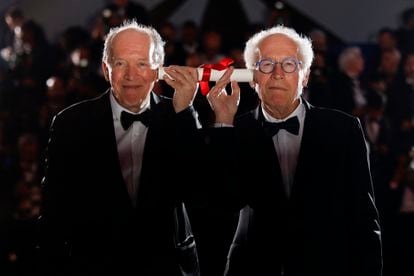
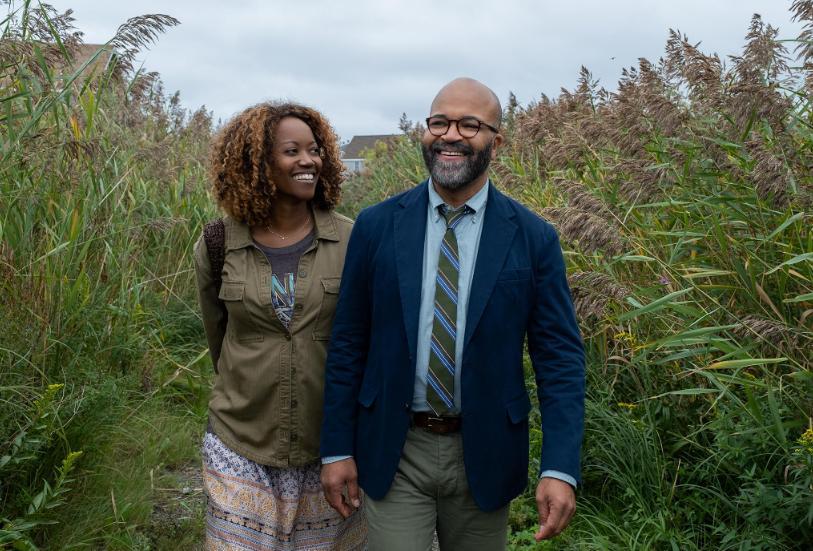
/cloudfront-eu-central-1.images.arcpublishing.com/prisa/P745MWQBCNBN7AWD6U4PGHDA4I.jpg)
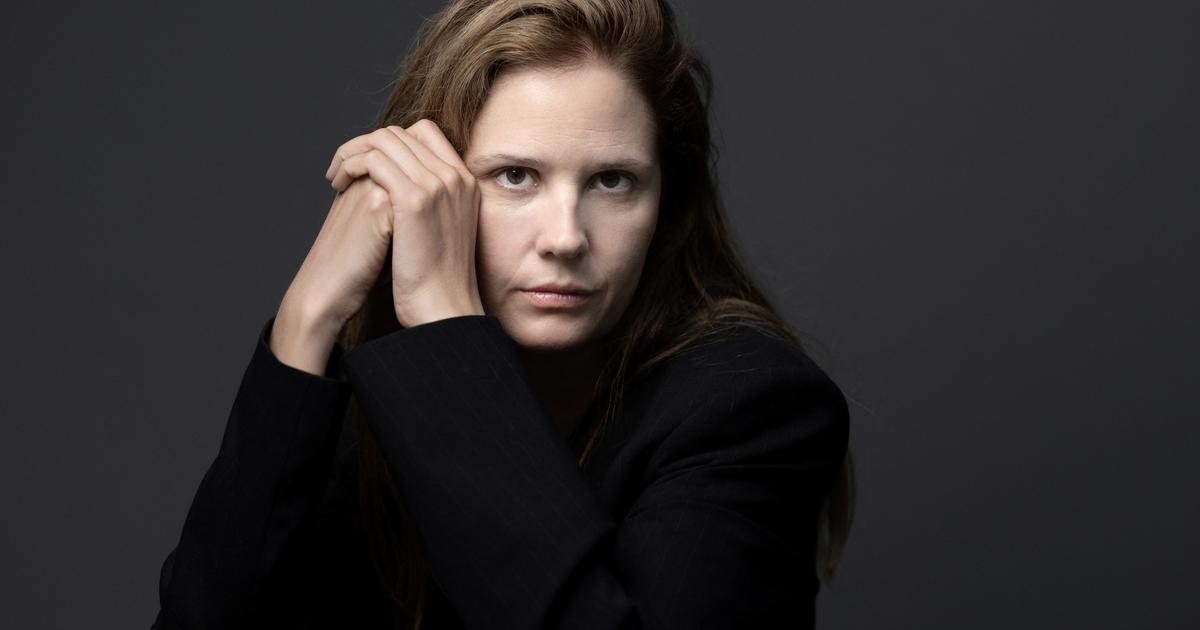

/cloudfront-eu-central-1.images.arcpublishing.com/prisa/JTZPFATRZZJINCJVF4JFPRJEEU.jpg)
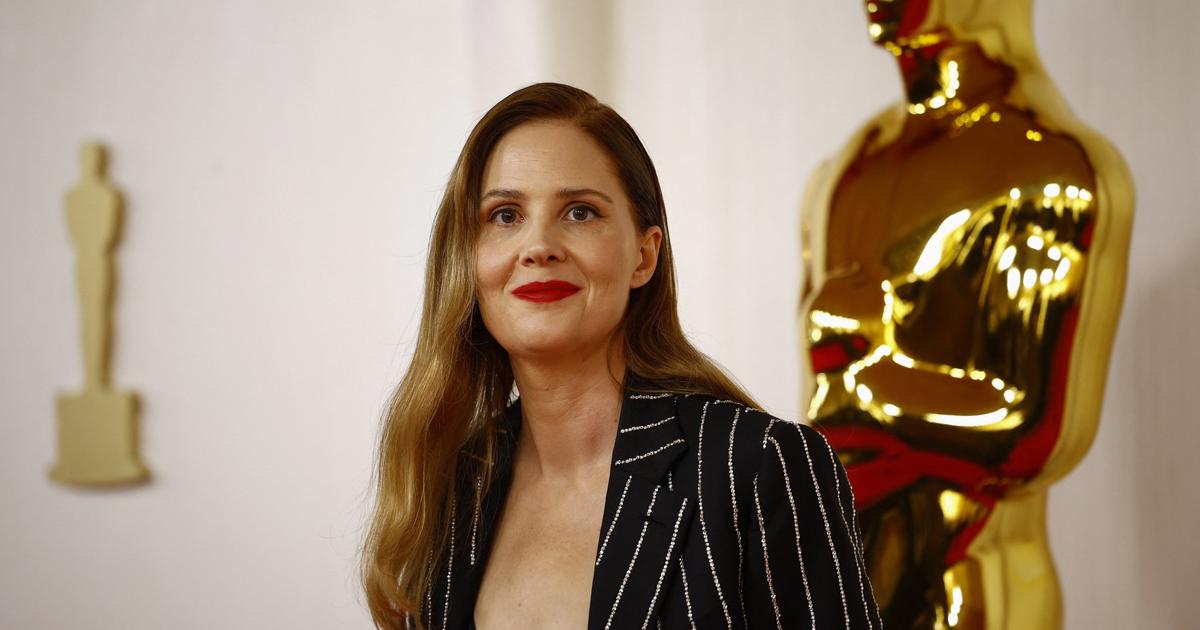
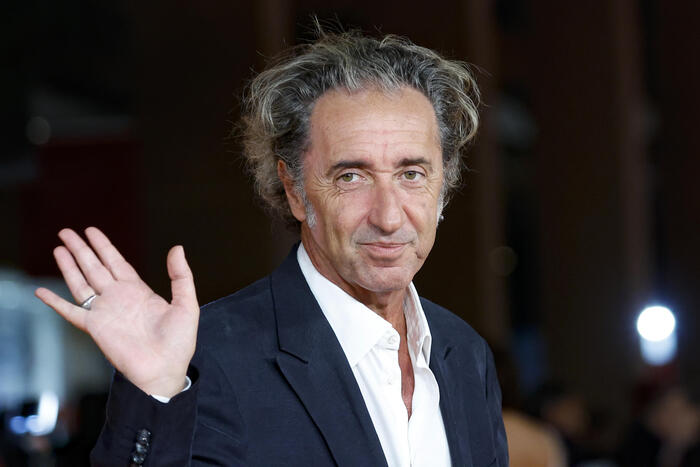
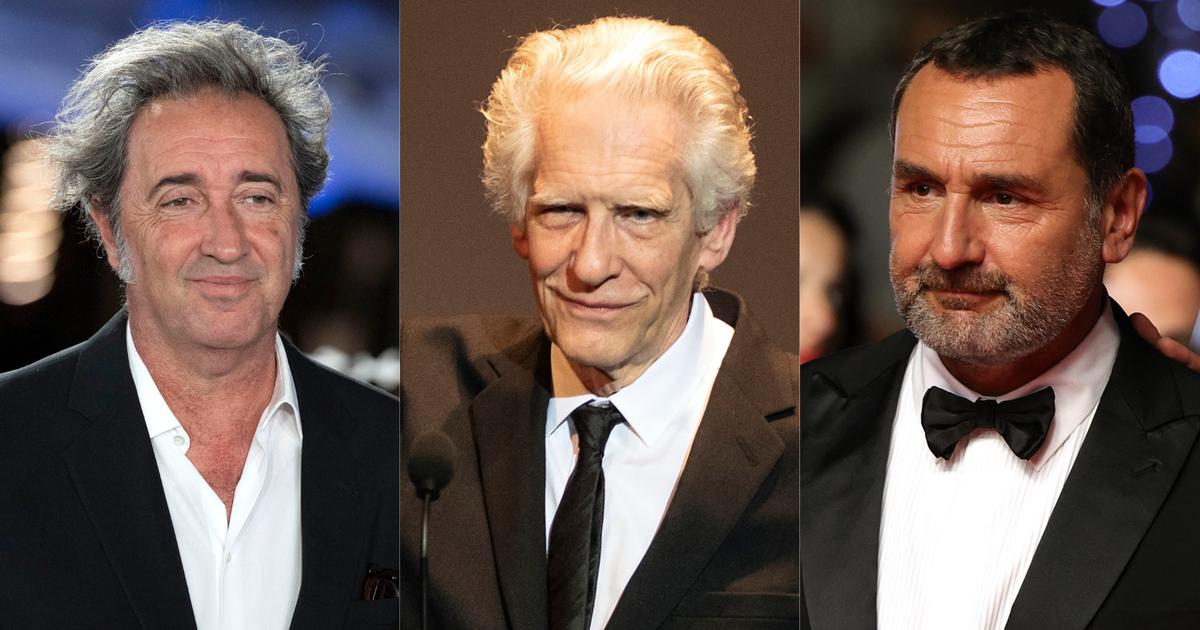


/cloudfront-eu-central-1.images.arcpublishing.com/prisa/S7ERVSCT4FUVX6R7TUVBDNTH5Y.jpg)


